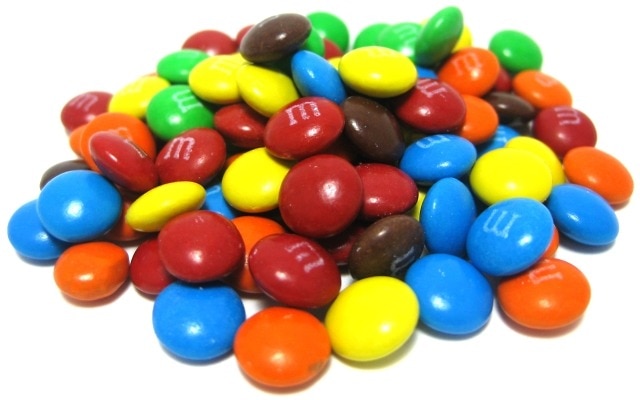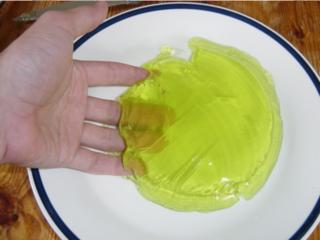So what tempts you? Chocolate, shoes, purses, soda?
All of the above for me!
As we work with our students, we learn little tricks to use that encourage communication. For a parent, graduate student or new SLP, today's list may come in handy so PRINT IT or PIN IT. Even the seasoned SLP may want to refer to it when they have a kid who they just can't get to communicate with them on any given day.
It's important to WAIT. Silence is your best friend. The student will not talk if you are doing all of the talking. They will definitely not talk if you give them what they want without requiring anything from them first.
I came across this list in a file with no information where it came from. If you know what workshop or instructor I might have gotten it from, please comment below!
Also....Feel free to add to this list in the comments section below.
Let's start tempting...
1)
Eat a desired food item in front of the child without
offering any to the child.


2)
Activate a wind-up toy or spinning top, let it deactivate, and hand it to
the child.
3) Give the child four blocks (legos work well) to stack or put in a box.
3) Give the child four blocks (legos work well) to stack or put in a box.
Present one block at a
time then immediately give the child a
small animal figure to add to the stack.
4)
Look through a few books or a magazine with the child. (Even a toy catalog will work!)
Point to pictures.
Look at the child expectantly.
Point to pictures.
Look at the child expectantly.
5)
Open a jar of bubbles, blow bubbles, and then close the
jar tightly and give the closed jar to the child.
6)
Initiate a familiar and an unfamiliar social game with
child until the child expresses pleasure, then stop the game and wait. Like PeekABoo!
7) Blow up a balloon and slowly deflate it; then hand the deflated balloon to the child or hold the deflated balloon up to your mouth and wait.
7) Blow up a balloon and slowly deflate it; then hand the deflated balloon to the child or hold the deflated balloon up to your mouth and wait.
8)
Hold a food item or toy that the child dislikes out
near the child to offer it.
9)
Place a desired food item or toy in a clear container
that the child cannot open while the child is watching; then put the container
in front of the child and wait.
10) Place
the child's hand in a cold, wet, sticky substance, such as Jell-O, pudding, or
paste.

11) Roll
a ball to the child; after the child returns the ball three times, immediately
roll a different toy to the child. Keep the "new" toy behind your back so it is a surprise!
You can even do balls of the same texture consecutively, then slip in one of a different texture.
You can even do balls of the same texture consecutively, then slip in one of a different texture.
12) Engage
the child in putting together a puzzle.
After the child has put in three pieces, offer the child a piece that
does not fit.
13) Engage
the child in an activity with a substance than can be easily spilled (or
dropped, broken, torn, etc), suddenly spill some of the substance on the table
or floor in front of the child and wait.
Think Rice bins, slime, sand, etc.
Think Rice bins, slime, sand, etc.

14) Put
an object that makes noise in an opaque container and shake it (box or paper bag); hold up the container and wait.
15) Give
the child the materials for an activity of interest that necessitates the use
of an instrument for completion (e.g., piece of paper to draw on or cut; bowl
of pudding or soup); hold the instrument out of the child's reach and wait.
16) Engage
the child in an activity of interest that necessitates the use of an instrument
for completion (e.g., pen, crayon,
scissors, stapler, wand for blowing bubbles, spoon); have a third person come
over and take the instrument, go sit on the distant side of the room while
holding the instrument within the child's sight, and wait.
Hint: Pudding and spoon is a great one!
Hint: Pudding and spoon is a great one!
17) Wave
and say "bye" to an object upon removing it from the play area. Repeat this for a second and third situation,
and do nothing when removing an object from a fourth situation.
18) Hide
a stuffed animal under the table. Knock,
and then bring out the animal. Have the
animal greet the child the first time.
Repeat this for a second time and third time, and do nothing when
bringing out the animal the fourth time.
Clip art provided by My Cute Grapics.
I look forward to any more ideas that you find successful in the comments below!
Also check out:
How we worked on language and articulation with Dinosaurs...
Also check out:
How we worked on language and articulation with Dinosaurs...















